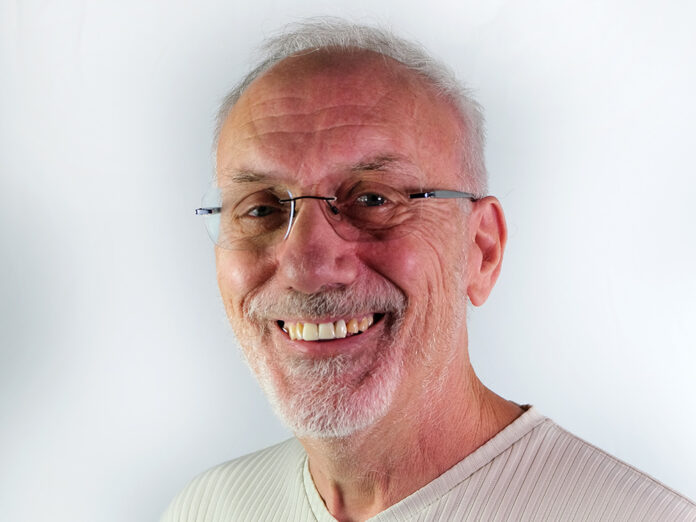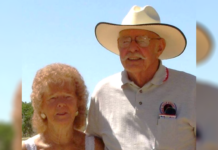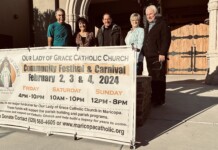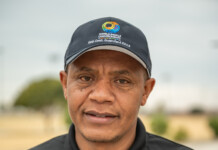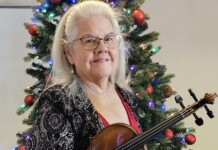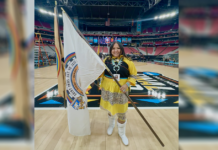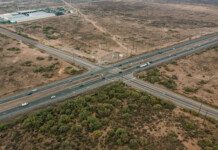“If we could turn the benefits of exercise into a pill, it would be demanded by patients and subsidized by government – it would be seen as a major breakthrough in cancer treatment.”
So says Professor Prue Cormic, chair of the Clinical Oncology Society of Australia, who helped formulate a position paper based on data gathered worldwide from 20 health organizations as quoted in the Arizona Republic.
There is overwhelming evidence that exercise for cancer patients contributes to longer life and less recurrence. What does exercise do for cancer patients?
- Lowers the risk of heart disease. It can help overcome the stress of chemotherapy and radiation on the cardiovascular system.
- Lessens the risk of osteoporosis and diabetes.
- Improves your mood—lowers the risk of being anxious and depressed.
- Helps with fatigue and tiredness.
- Lessens nausea.
- Contributes to higher self-esteem and helps improve your ability to keep social contacts.
- Greater bone and muscle strength, less weight gain, leaner body mass.
- Stress reduction. To quote the National Cancer Institute, “Evidence from experimental studies does suggest that psychological stress can affect a tumor’s ability to grow and spread.”
The list goes on.
General factors that may affect your ability to exercise include the type and stage of your cancer, your treatment regimen, and your overall endurance, strength and fitness level.
Generally, The American Cancer Society recommends “at least 30 to 60 minutes of moderate or vigorous physical activity at least three times a week.” However, as with any exercise program, it is important to first consult with your oncologist, get a physical examination, then discuss what is right for you considering your own abilities, stamina, limitations, frequency. Also, cancer patients may be at slightly higher risk for heart problems, which should be discussed with your doctor(s).
[pull_quote_left] The Maricopa Multi Cultural Consortium (MMCC) will present another educational program for seniors and their families Oct. 25, 2-4 p.m., at the Maricopa Police Department Community Conference Room (adjacent to Copper Sky). The topic will be “Benefits, Entitlements and Advocacy for Senior Citizens,” presented by Jane Jones and Jean Carr, benefit specialists from the Pinal-Gila Council for Senior citizens (PGCSC), a part of the State Region V Area Agency on Aging. Al Brandenburg, 315-427-5507[/pull_quote_left]Finally, even if the cancer is advanced, or has spread to other places and is not responding to treatment, it might still benefit from exercise at some level to improve quality of life. But, the situation can change quickly. It is essential to base physical activity on continued close contact with your doctor along with your ongoing and changing goals and abilities.
Ted Yocum is a member of the Maricopa Multi Cultural Consortium and the Copa Seniors.
This column appears in the October issue of InMaricopa.

